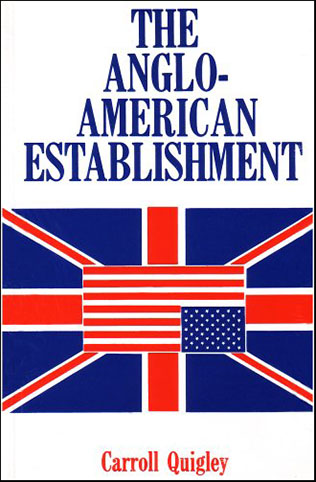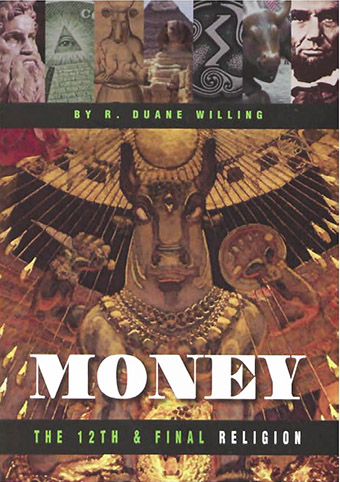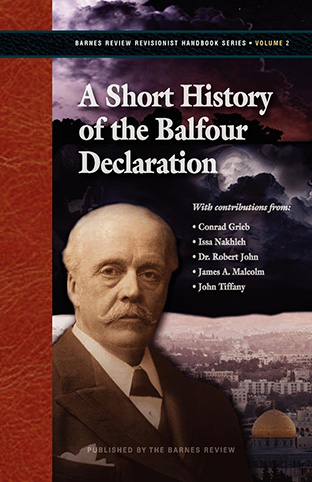Description
By Carroll Quigley. An in-depth examination of a secretive network of influential elites who, according to Quigley, shaped British and global policy from the late 19th century through the mid-20th century.
The book focuses primarily on the Round Table groups, a coalition of Oxford-educated British imperialists and their American counterparts who sought to preserve and expand Anglo-Saxon global dominance through political, economic, and educational influence.
Quigley argues that this elite group operated behind the scenes of formal government, subtly directing foreign policy and key global events with the goal of maintaining a unified and powerful British-American alliance.
Quigley provides detailed accounts of key figures such as Cecil Rhodes, Alfred Milner, and Lionel Curtis, and explores their connections to institutions like Oxford University, the British government, and influential media outlets.
He contends that the group’s actions played a crucial role in shaping both world wars, the League of Nations, and the eventual establishment of the Council on Foreign Relations in the United States.
The book is notable for its scholarly tone, extensive documentation, and willingness to expose the hidden mechanisms of power that most historians have overlooked or ignored.
About the author: Carroll Quigley (1910–1977) was an American historian, professor, and theorist of global politics. He taught at several prestigious institutions, most notably Georgetown University, where he was a mentor to future U.S. President Bill Clinton. Quigley specialized in the history of civilizations and the evolution of political systems, and was known for his expansive, systems-based approach to understanding history. His most famous work, Tragedy and Hope: A History of the World in Our Time, also explored elite networks and global governance.
Deluxe edition, softcover, index, 354 pages.


